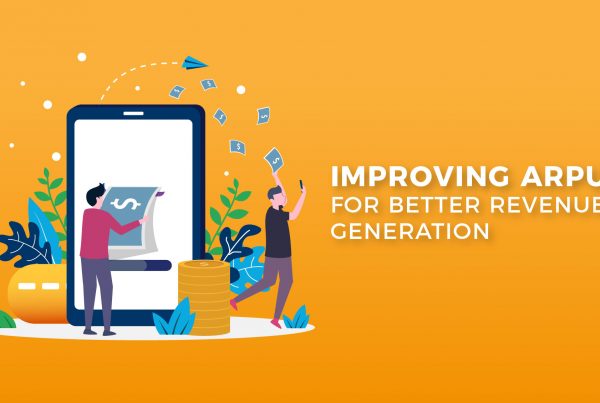
What does SEO do? How do I start? What are the tools? Does SEO specialists earn a lot? Do I need to master technology to be qualified? These are among the questions that I’ve asked and wondered before when I first started learning SEO. If you have the same set of questions then, I’ve got some tips for you on how to learn the basics of SEO easily.
 Jargons of SEO
Jargons of SEO
First, let me introduce you to the jargons used in the SEO field.
- Search engine optimization(SEO) is the process of affecting the online visibility of a website or a web page in a web search engine’s unpaid results – often referred to as “natural”, “organic”, or “earned” results.
- SERP or also known as the Search Engine Result Page means the listing of web pages returned by a search engine in response to a keyword query.
- NCR or No Country Redirection is a Google search parameter that directs the search engine to show results for the country specified in the URL.
- Traffic measures the number of visits to your website that are the result of organic or paid search traffic.
Now that you are familiar with some of these jargons, let’s start learning the roles of SEO Specialists. SEO Specialists are the ones who mainly search for the right keywords to be inputted in website content and they are also the ones who make pages appear on search engines.
Sounds hard? Well, it shouldn’t be because there are so many tools that can help make your SEO easy and I’ll let you know some of the best tools available out there later on. For now, let’s dig more.

SEO Training for Beginners
What are the different types of SEO?
Below are the types of SEO around and how they practice SEO:
- Black Hat SEO – Sometimes referred to as the black sheep, a Black Hat SEO is termed for the people who don’t follow the rules of SEO guidelines and make their own aggressive ways to get their page to be accepted on sites.
- White Hat SEO – Opposite to the black hat SEO, these are the people who do their work in accordance with the rules of the site.
- Grey Hat SEO – It’s a mix of both the black and the white hat, and you can find a lot of these SEO reps around. After all, you know what they say, “sometimes you got to be in the middle to find some common ground”.
SEO Practices
On the other hand, when it comes to SEO practices, they can be divided into two different categories:
On-page SEO – Also known as “on-site” SEO, is the act of optimizing different parts of your website that affect your search engine rankings. It’s stuff that you have control over and can change on your own websites such as optimizing your content or improve the meta-description and title tags etc. Basically, a good On-page SEO will make your website rank higher and earn more relevant traffic in search engines.
Off–page SEO – In contrast to On-page SEO, Off-page SEO refers to activities you can perform outside the boundaries of your website to improve the position of your website in the search engine results page (SERPs). It’s often confused with only link building but in general, Off-page SEO also deals with promotion methods – beyond website design – for the purpose of ranking a website higher in the search results.
It would take some time for one to master both of these SEO practices. It’s not that simple but it’s not that hard as well. And both of these practices can be important but it’s also very important to choose either both or any one of these as your SEO practices should depend on the goals of your company or business.

SEO Training for Beginners By Forest Interactive
Learning SEO overall is actually not that hard as you will find out more in part 2 of this article next week. So stay tuned and in the meantime, check out our new spinoff company, Elfo. Elfo offers integrated performance-based solutions for your digital marketing. With a great performance-based marketing platform, you can surely grow your SEO as well.
 Jargons of SEO
Jargons of SEO


